UMMC nurses reflect on nursing's rank as most trusted profession
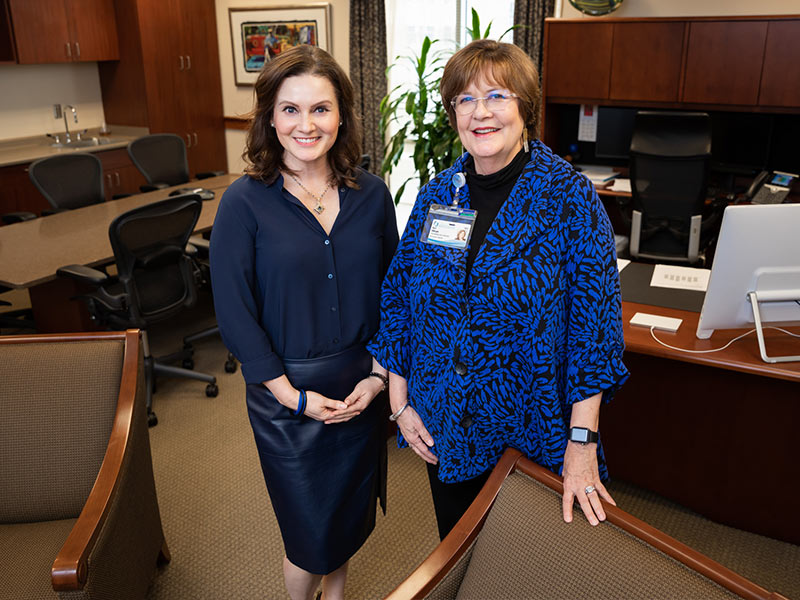
For the 18th year in a row, Americans rated nursing as the most trusted profession in the country.
Eighty-five percent of Americans rate nurses as having high levels of honesty and ethics, a figure that doesn’t surprise nurses, nurse leaders and nursing educators at the University of Mississippi Medical Center.
Nikki Cohran has been a nurse for 12 years. She knew since volunteering in high school on a pediatric hematology/oncology floor in a hospital that pediatric nursing was what she wanted to do.
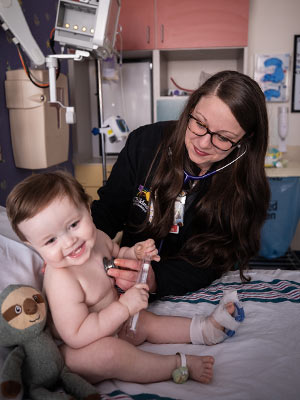
“I saw nurses cry with the families, make little girls without hair feel beautiful, prepare home-cooked meals for families who hadn’t seen their own home in weeks and so much more,” she said.
In 2008, she started doing much of the same on the fifth floor of the Children’s Hospital. Then, five years later, she got to be the one doing the trusting when her baby was born at 27 weeks.
“Weighing a mere 1 pound 13 ounces, my child was fighting for his life, and it was my turn to trust strangers to keep him alive,” she recalled. “I truly think this experience gave me the deepest form of love and admiration of the nursing profession. There were so many nights I came to his bedside to see a nurse singing him a sweet lullaby, reading him a nursery rhyme or rocking him gently.”
They taught her to pump breast milk and cheered her on as she succeeded in providing it for her baby. To this day, there are several who have not missed a single one of her son’s seven birthday parties.
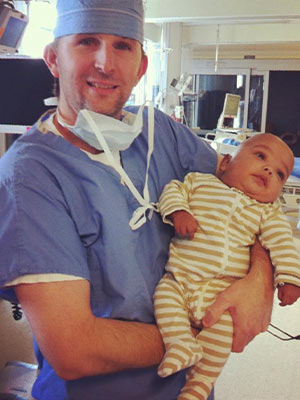
“These nurses saw me in the trenches and pulled me to safety. They truly saved my son’s life and gave me the deepest form of respect, love and admiration for nursing,” she said.
Cohran’s experiences both as a nurse and as the mother of a patient in the Neonatal Intensive Care Unit show not only the impact nurses can have, but the quality they often possess of going above and beyond.
“Nurses are who a patient sees more than anybody else at one of the most vulnerable times of their life. Patients depend on nurses to ‘translate’ what the doctor is saying,” said Dr. Terri Gillespie, chief nursing officer at UMMC. “For example, telling them what the tests are for, answering questions about medical terminology, et cetera.”
Gillespie also points out that the profession of nursing typically draws compassionate, caring and helping people. These characteristics, coupled with the training received in nursing school, make nurses a highly respected and trusted bunch.
While Americans rate medical professions in general highly in honesty and ethics, with at least six in 10 adults saying medical doctors, pharmacists and dentists have high levels of integrity and ethical standards, nurses are consistently rated the highest.
Dr. Adrienne Murray, director of nursing quality, development and professional practice at the Medical Center, said she and her team work hard to maintain the high quality and standards of nurse leadership at UMMC – most importantly at the point it impacts patient care.
When she’s speaking with new nurses, she always discusses trust.
“I’m very proud of the fact that I’m a nurse, and every opportunity I’m afforded I always remind people that we are the most trusted profession for 18 consecutive years, but with that there’s a certain responsibility,” she said.
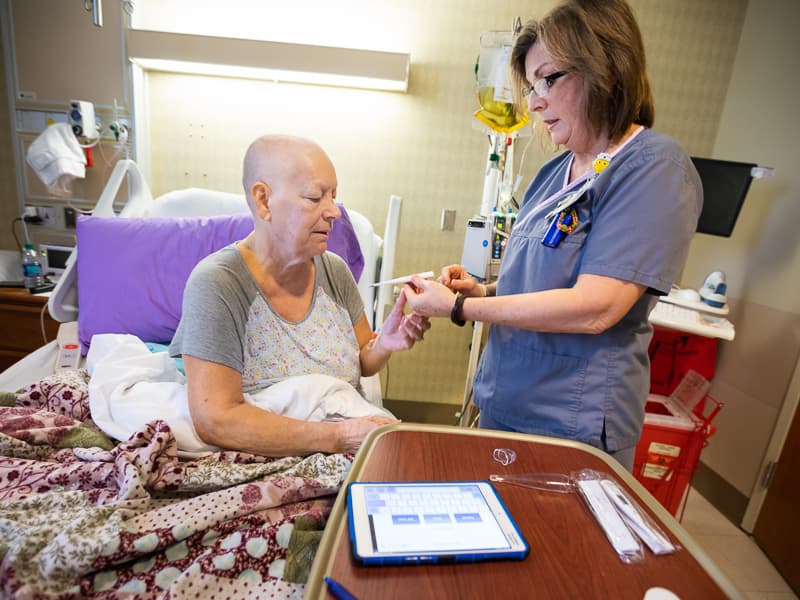
“One of the reasons we are the most trusted is because of our ability to connect with our patients and build relationships with them and their families. Once you violate that trust, you can smooth things over, but it’s never quite the same again.”
She demonstrates this concept by taking a piece of paper, crumpling it up and then smoothing it out. She holds up the crumpled but smoothed paper next to a completely new sheet.
Murray adds she believes UMMC nurses carry a certain clout.
“We are proud of the fact that we take care of everyone from the homeless person to the governor – all while providing the same standard of care,” she said. “It unites us and establishes a sense of trust among us. I believe that bond among UMMC nurses is palpable and others sense it.”
On the academic side of the Medical Center, those responsible for training future nurses are equally proud of the designation and aware of the great responsibility it carries.
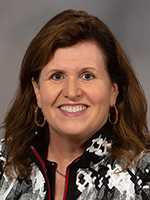
“That is really something for the profession to be proud of,” said Dr. Julie Sanford, dean of the School of Nursing.
She described nursing as “so much more than just health care. I think we connect with our patients in a way that’s unique.”
These concepts are already clear to Jessica Followell, a student in the school’s Accelerated BSN program. She only began the program in January, but she said the faculty already exemplifies everything about the profession’s high standards.
“They are dedicated to teaching us that you’re treating the whole person,” said Followell. “Compassion is a big word they use all the time, along with competence. The more we know how to do our skills, the more we have room to also give attention to compassion.”
Followell is a classic example of a student who is joining the profession because of her desire to help people at their most vulnerable. As a stay at home mom of three children, she became familiar with the impact a nurse can make when her daughter had medical issues that required six surgeries over the course of two years.
“I just saw that the role of the nurse could make or break the whole situation, especially as a parent watching your kid suffer and hurt,” she said. “A nurse who was informative and caring, and really competent in what they know really promoted trust and comfort.”
When her children got older, she realized she wanted to be that kind of nurse and applied for the program, which runs from January to December.
The school works hard to incorporate those high ethical standards, which are present all through the curriculum.
In addition, before students begin their clinical training, they attend a ceremony where they recite and sign the Student Code of Honorable and Professional Behavior. The code was born out of a student affairs focus group with student leaders more than 10 years ago and fully approved in 2012.
The goal of the code, which is based on the American Nurses’ Association Code of Ethics for Nursing, is to promote the school’s five core values: respect, excellence, accountability, diversity and integrity.
Nurses often embody the values of the profession in their personal life as well as their professional one – perhaps another reason they tend to be regarded as so trustworthy.
“Someone told me once that my career should never become my identity. I disagreed with him and am proud that nursing is my passion and identity,” said Cohran. “I don’t think you can help but to melt into the wonderful world of care and compassion when your heart is truly in it for the right reasons.”


